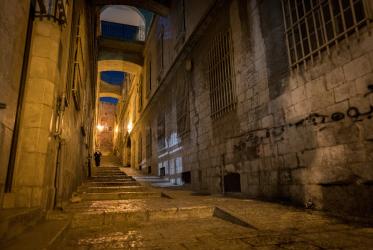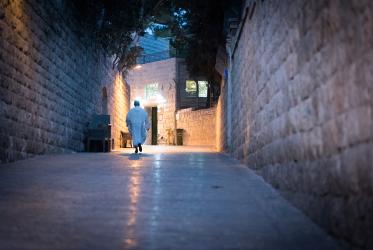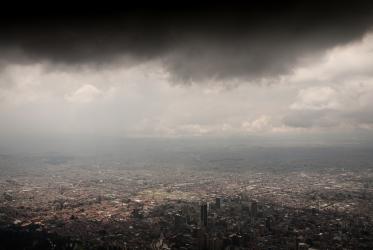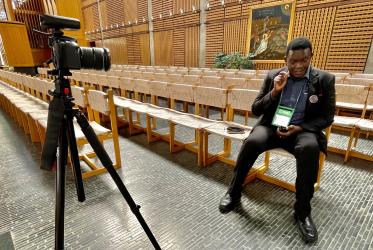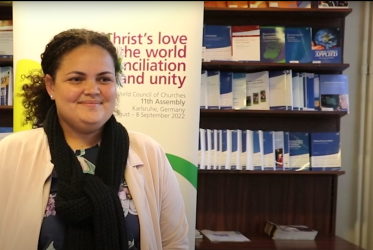Displaying 1 - 20 of 49
Ecumenical delegation visits Armenia
19 September 2023
As Bethlehem prepares for Christmas, ‘it’s all about community’
08 December 2022
Christ’s Love (Re)moves Borders – GETI 2022 in images
13 September 2022
